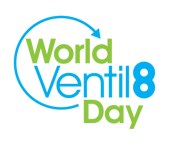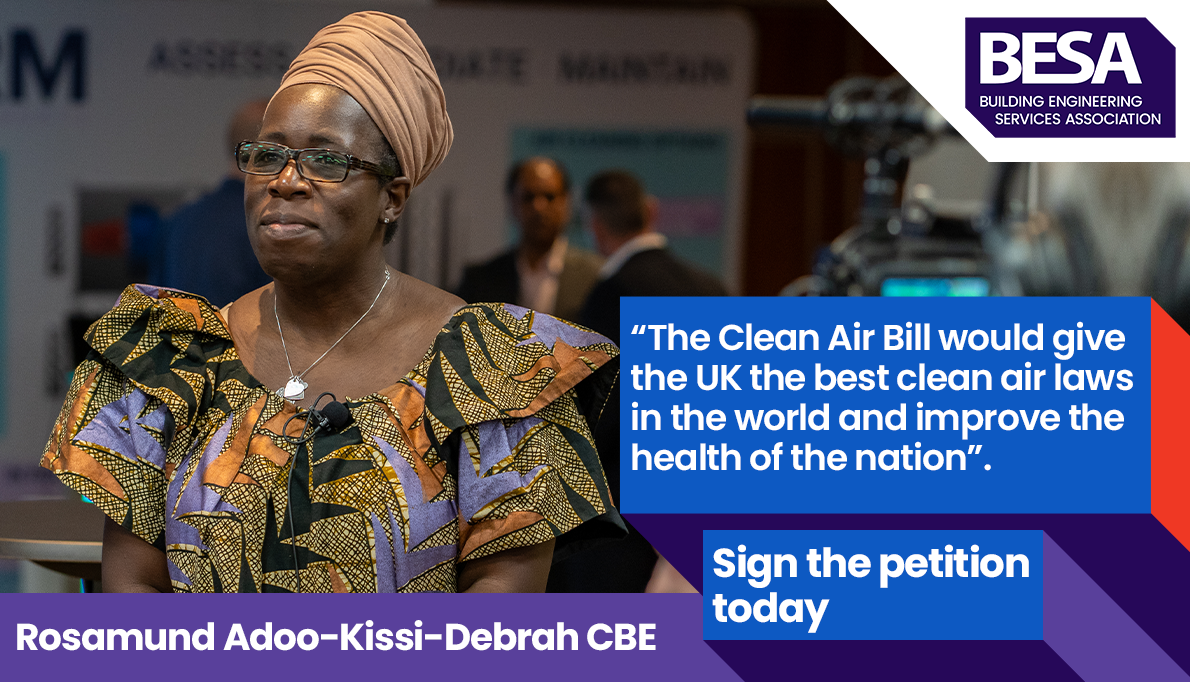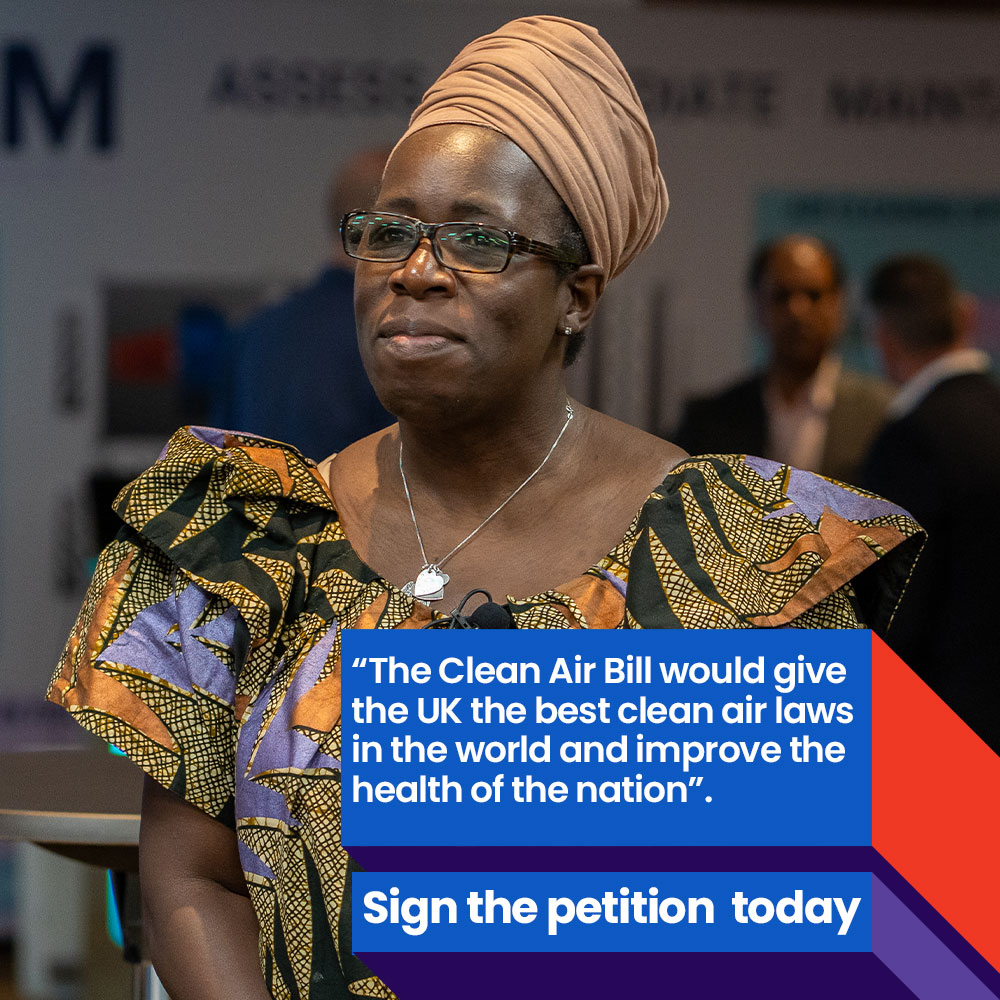The group behind the World Ventil8 Day initiative (WV8D), which takes place on November 8th every year and is backed by international engineering bodies, environmentalists, academics and health bodies, also called for a public awareness campaign to focus attention on deteriorating indoor air quality (IAQ).
WV8D events were held worldwide including in Australia, China, the USA, Germany and the UK and there were more than 6,000 reports on social media.
This year’s theme was ‘Breathe Better Live Better’ with organisers showing how investment in ventilation systems could help to tackle the rising number of premature deaths linked to IAQ, mould and damp in homes, and other sources of indoor pollutants including smoking and traffic emissions.
The World Health Organisation (WHO) states that exposure to poor IAQ is directly linked to 3.8 million premature deaths worldwide every year.
In the UK, the scale of the air quality problem in homes was highlighted in a recent survey of over 2,000 UK homeowners. 55% said they had experienced serious problems with poor IAQ and lack of ventilation leading to condensation, mould, and damp.
Allergies
The survey, carried out by builder’s merchant Jewson, also found that 44% of householders had experienced health related side effects including allergies, respiratory infections, poor sleep, low mood, and difficulty concentrating.
WV8 Day campaigners urged the UK government to support a proposed new Clean Air (Human Rights) Bill, which is also referred to as ‘Ella’s Law’ in memory of Ella Kissi-Debrah – the first person in the world to have air pollution recorded as her cause of death.
The draft Bill was approved by the House of Lords and has now moved to the Commons where it is being sponsored by Caroline Lucas MP. 10,000 people have signed a petition in support of the new law and campaigners are pushing to raise that figure to 100,000 to trigger a debate in Parliament.
Ella’s mother Rosamund Adoo Kissi-Debrah said the Bill would give the UK “the best air quality law in the world and improve the health of the nation”. She said it would be crucial to addressing the fact that there are 7.7 million people on NHS waiting lists.
“Ella’s Law would tackle air pollution and greenhouse gases together to improve public health, the environment and the climate,” added Kissi-Debrah, who received the CBE for her services to public health from the King on WV8 Day.
Action
“We desperately need this legislation,” said Graeme Fox, technical director of the Building Engineering Services Association (BESA), which helps to co-ordinate the WV8D initiative. “There needs to be a clear policy framework to force action on this issue because too many people are being fobbed off when they raise the issue with building managers.
“The public is much better informed about air quality these days and the pandemic raised wider awareness, but there is still no compulsion if someone is determined to avoid their responsibilities.”
BESA launched a new guide: ‘Mould and Damp Prevention in new and existing Homes’ on WV8 Day and the vice chair of its specialist Indoor Air Quality Group said it was time to create a “whole new industry” to deliver much needed solutions.
Adam Taylor, CEO of ARM Environments, pointed out that there were currently no competence requirements for people working in ventilation installation and maintenance.
“We are carrying out a lot more risk assessments and air quality monitoring, which has highlighted a massive problem caused by the huge number of systems which were badly installed and the complete lack of maintenance in many buildings.
“We need to create a new profession of specialists focused specifically on ventilation with formal qualifications, agreed standards and best practice.”
The WV8D website includes a range of free resources including ‘top facts’ about the role of ventilation, and different methods that can be adapted depending on the age, design, location, and purpose of the building.
It also explains how building operators can manage the complex trade-off between ventilation, energy consumption, climate change, urban pollution, noise, comfort, and security.



